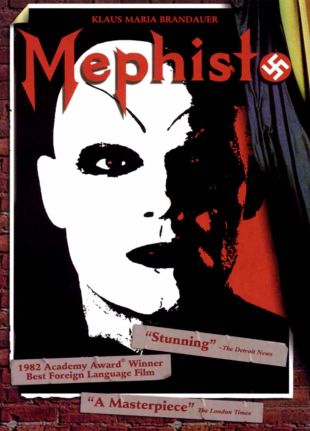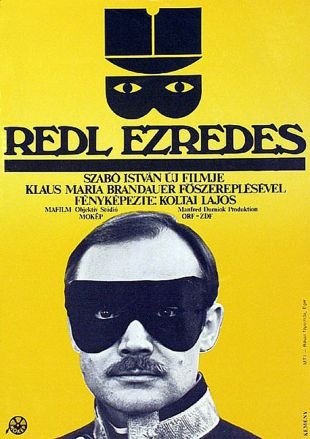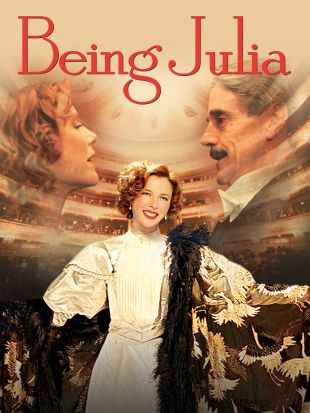One of the most prominent directors to emerge from the Hungarian New Cinema of the '60s, István Szabó has earned acclaim for films whose emotion, tenderness, and rage evoke stirring portraits of contemporary Hungarian history, particularly the effects of World War II on Hungarian society.
Born February 18, 1938, in Budapest, Szabó studied film at the city's prestigious Academy of Film Art. The acclaim he earned for a film he made while a student, Koncert (1961), won Szabó a place at the Béla Bálazs film studio, where he netted further acclaim for two shorts he made in 1963, Variáciòk egy témára and Te. Szabó then moved on to his first feature-length venture, Almodozasok Kora (1964). The warmth and lyricism of the drama, which focused on the hopes and dreams of four recently graduated engineers, was particularly evident in Szabó's next effort, Apa (1967). The story of a young man struggling with the heroic imagery that he has built around his father, who was killed in World War II, it received wide critical acclaim. Along with its predecessor, Apa put Szabó at the forefront of a new generation of Hungarian filmmakers.
Szabó inaugurated the '70s with Szerelmesfilm, a love story that, along with the director's previous two films, comprised the last installment of a semi-autobiographical trilogy. He subsequently returned to an exploration of immediate post-war society with Budapesti Masek (1976), which focused on a group of displaced persons who take up residence in an abandoned streetcar while journeying to Budapest. It was Bizalom (1979), an improbable love story also set in the wartime milieu, that put Szabó on the international map, netting him a Silver Berlin Bear for direction and a Special Jury Prize for Best Film at the Berlin Film Festival.
The acclaim Szabó earned for Bizalom was amplified with his next feature, Mephisto (1981). The story of an ambitious actor who becomes caught up in a moral dilemma when he is befriended by a high-ranking Nazi official, it won a number of honors at Cannes and a Best Foreign Film Oscar. A complex exploration of the relationship between art and politics, it established Szabó as one of the most important directors of his era. He followed the film up with another celebrated work, Oberst Redl (1984). The story of the rise and fall of a colonel who faces blackmail because of his homosexuality, Redl received a Best Foreign Film BAFTA and an Oscar nomination in the same category.
Another Oscar nomination followed for Szabó's Hanussen (1988), a political drama set against the backdrop of the two world wars. Starring Klaus Maria Brandauer as an Austrian soldier who becomes clairvoyant after being shot in the head during World War I, the film marked Szabó's third collaboration with the actor, who had also starred in Mephisto and Oberst Redl.
Szabó's fairly sporadic work throughout the '90s was marked by two English language features, the first being Meeting Venus (1991). A romance set against a turbulent production of the opera Tannhaeuser, it starred Glenn Close as a celebrated Swedish opera singer. In 1999, Szabó helmed another English language film, Sunshine. An epic historical drama tracing the shifting fortunes of a family of Hungarian Jews over the course of almost 150 years, it featured Ralph Fiennes in three different roles and a strong supporting cast that included Rosemary Harris, James Frain, Miriam Margolyes, and William Hurt.


